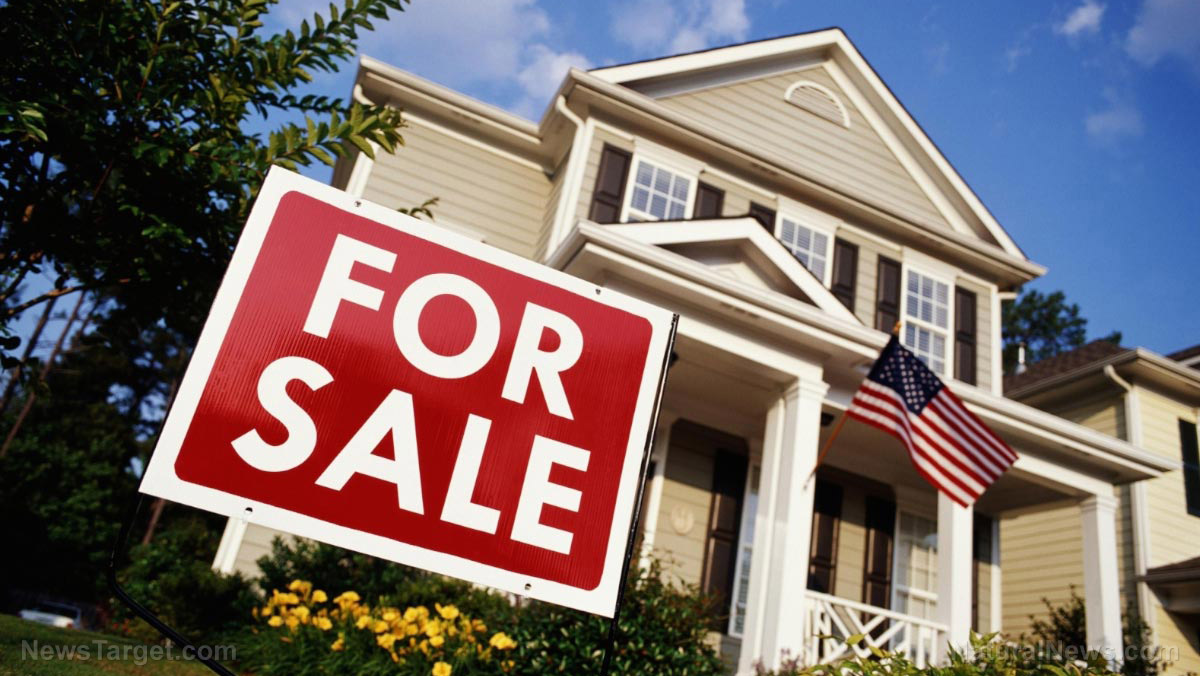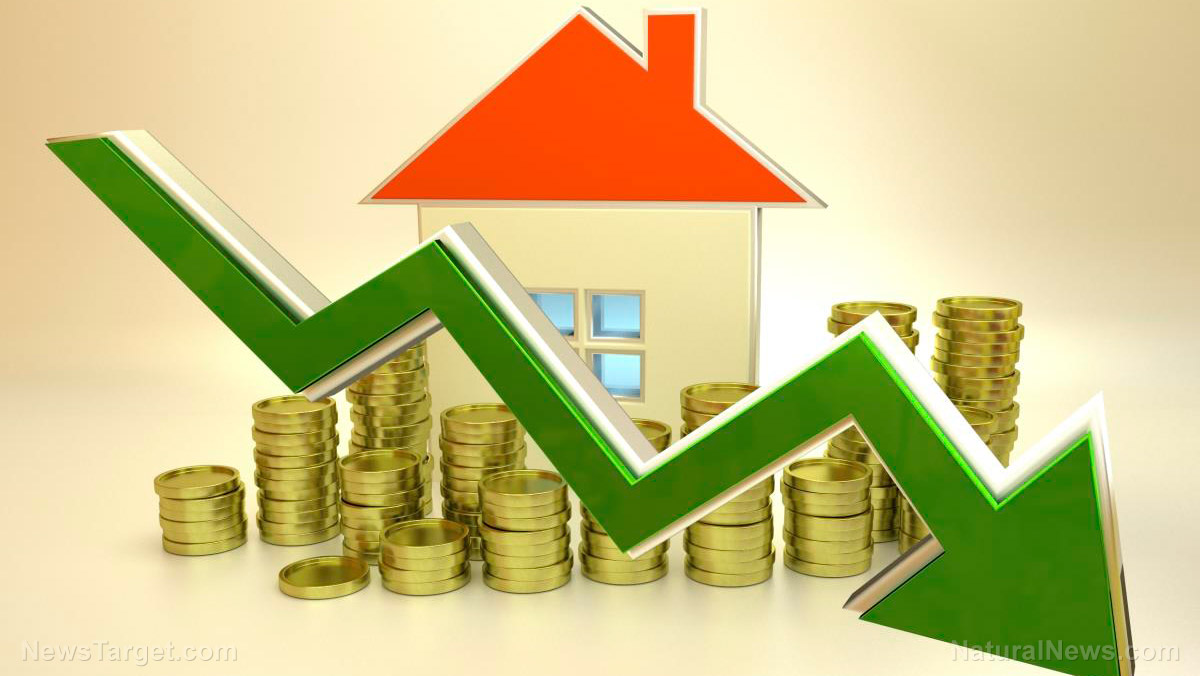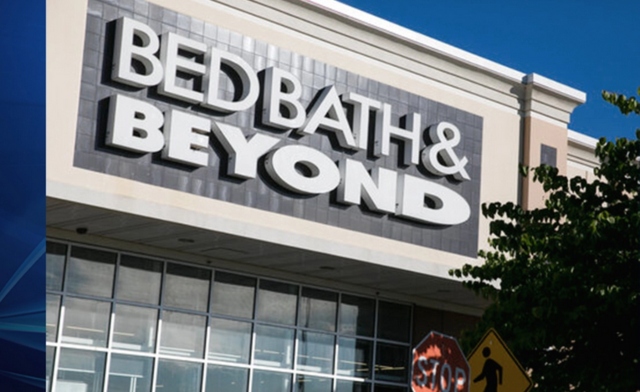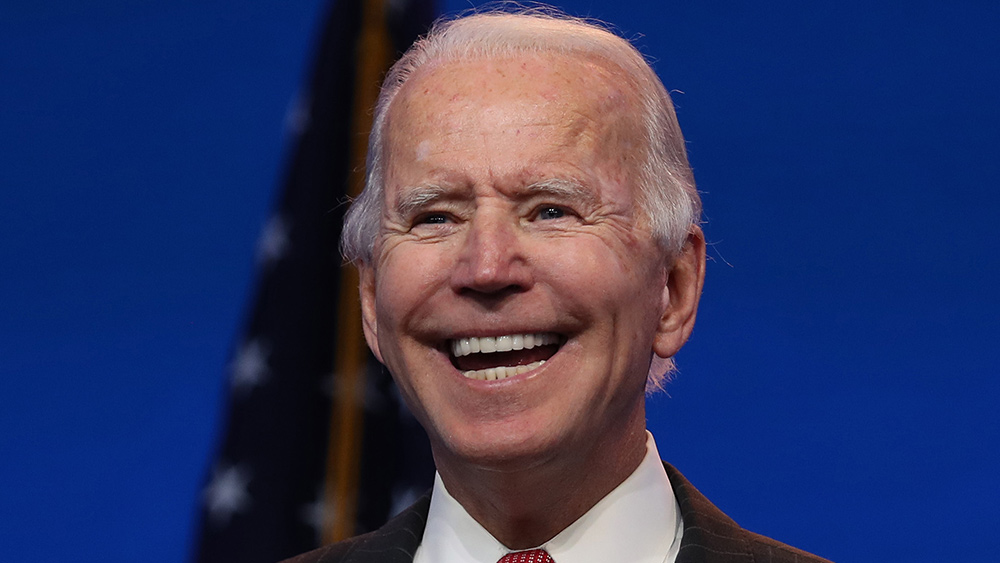
The National Association of Realtors (NAR) reported on December 21 that existing-home sales fell for the 10th straight month in November as the Federal Reserve keeps raising interest rates.
The report included the sales of previously owned homes, indicating a decline of 7.7 percent in November from the previous month to a seasonally adjusted annual rate of 4.09 million – the weakest rate since May 2020. Also, November sales fell 35.4 percent compared to last year. The streak of declines is the longest on record going back to 1999, NAR said.
"Sales activity in November is essentially almost the same as that lockdown period back in May 2020," NAR's chief economist Lawrence Yun said. "Today's November sales figures are clearly reflecting this rapid rise in mortgage rates."
Higher mortgage rates and home prices pushed many buyers out of the market and caused the longest streak of declines recorded.
Existing-home sales dropped to about 37 percent from their recent peak in January while mortgage rates surged to above seven percent in early November from 3.1 percent at the end of 2021. Analysts say this boosted expected mortgage payments for many buyers by hundreds of dollars a month, driving many shoppers out of the market.
Wall Street Journal also reported that this sharp housing-market slowdown this year marks a major way the central bank's aggressive interest-rate hikes are affecting the economy.
Still, Yun is positive that the housing market will see some steady rebound in sales activity by next spring or summer as he forecasted an average rate on a 30-year mortgage to fall around 5.5 percent. His rationale is that increased apartment building construction should lead to a pullback in rents, which will help lower a key inflation barometer. That could pave the way for the Fed to ease up on its campaign to hike rates, which "should moderate mortgage rates."
Homebuyers, however, think otherwise as they still worry that the economy may enter a recession next year. (Related: Home buyers hesitate as US mortgage rates soar to 16-year high.)
Fed plans to keep raising interest rates
Fed officials raised its key short-term interest rate by half a percentage point in December, marking a step down from four straight three-quarters-point increases. However, it also signified plans to keep raising interest rates next year to keep on reducing high inflation by slowing economic growth.
According to an article by USA Today, the central bank is slowing the pace of the rate hikes this year to better allow it to assess the effects of the aggressive moves, including whether they're about to tip the U.S. into a recession next year as most economists predict.
Even a normally conservative futures market that predicts interest rate movements doesn't believe the Fed. It figures the Fed will halt its rate increases at about 4.8 percent as inflation throttles back and the economy worsens, according to CME Group.
Follow HousingBomb.com for more news related to the collapsing real estate and economic conditions in the United States.
Watch the video below that talks about Fed's accelerated interest rate hike plan.
This video is from the Sanivan channel on Brighteon.com.
More related stories:
South Florida's mortgage payments have risen 96.5% over the past year.
Redfin: House sales decline in Sun Belt as buyers back out due to hefty prices.
Luxury home sales suffer biggest decline in 10 years, real estate firm reports.
Sources include:
Please contact us for more information.




















